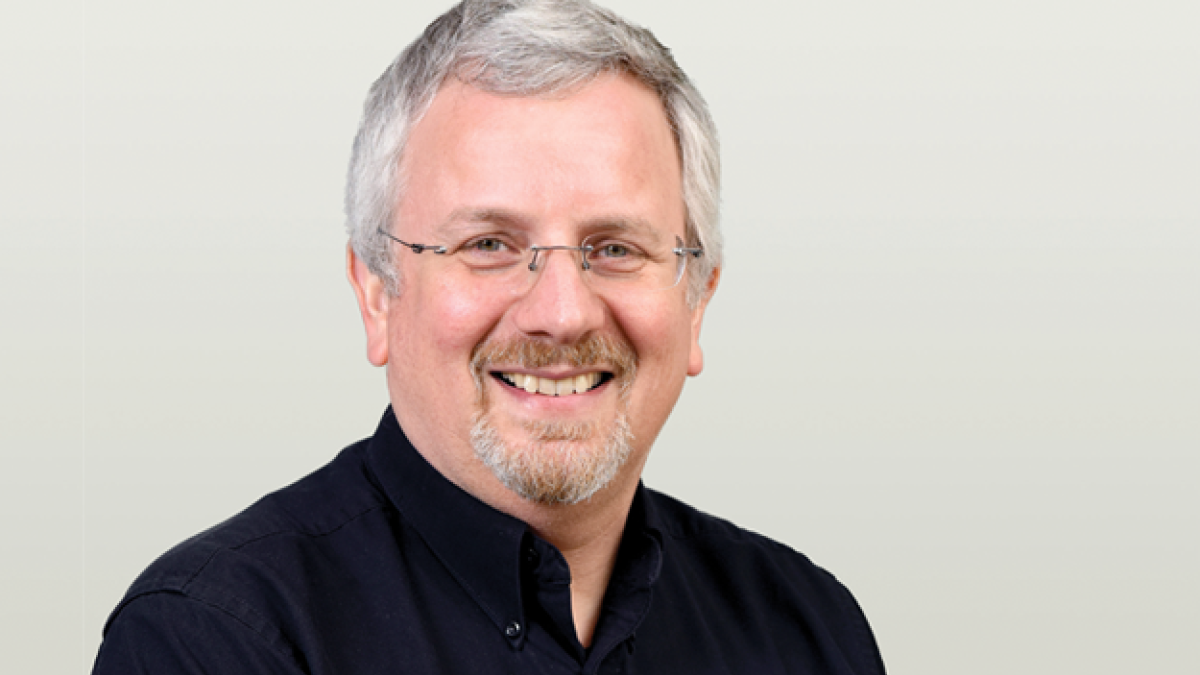ASU geochemist Ariel Anbar to receive 2019 European science innovation award

ASU President’s Professor Ariel Anbar, European Association of Geochemistry 2019 Science Innovation Award recipient.
Arizona State University President’s Professor Ariel Anbar has been selected to receive the 2019 Science Innovation Award from the European Association of Geochemistry (EAG). This award recognizes scientists who have recently made a particularly important and innovative breakthrough in geochemistry.
“Ariel Anbar’s contribution to geochemistry research has been a tremendous asset to the field and we’re so proud that he is being recognized at an international level by the EAG for his accomplishments,” said Lindy Elkins-Tanton, director of the School of Earth and Space Exploration.
Anbar is a scientist and educator interested in Earth’s past and future as an inhabited world and the prospects for life beyond it. He is on the faculty of the School of Earth and Space Exploration and the School of Molecular Sciences and is a Distinguished Sustainability Scholar in ASU’s Julie Ann Wrigley Global Institute of Sustainability. Anbar also directs ASU’s Center for Education Through Exploration, which is reinventing digital learning around curiosity, exploration and discovery.
“Ariel Anbar’s work is typified by outstanding scholarship and a relentless commitment to making critical advances that will benefit science and society at large,” said Neal Woodbury, director of ASU’s School of Molecular Sciences.
While the award is given annually, the subject areas differ from year to year. The 2019 award is named after geochemist Samuel Epstein, who developed methods for reconstructing geologic temperature records using stable isotope geochemistry.
"This is an amazing honor, especially because Sam Epstein was one of my scientific heroes, and a friend late in his life,” Anbar said. “Sam was the pioneer in using isotope analysis to understand changes in Earth’s ancient environment. He was one of the founders of the field of isotope geochemistry and also a kind and generous man. There are few honors that would be as personally meaningful to me.”
Anbar, who is already a EAG Geochemical Fellow, will receive the engraved medal and provide a lecture at the EAG’s 2019 Goldschmidt meeting in Barcelona, Spain, this August.
Anbar’s nominator for this award, Timothy Lyons of the University of California, Riverside stated that Anbar has been a consistent innovator in the development and application of nontraditional stable isotope approaches.
“Armed with these tools, he has chased after some of the most fundamental questions about the co-evolution of life and its environments over Earth’s history — from our earliest oxygenation and the drivers of biological innovation and mass extinction to the relationships between deep and surface Earth processes,” said Lyons, who is a Distinguished Professor of Biogeochemistry. “When you add to these accomplishments his equally important leadership in innovative teaching, this honor is an obvious and very well-deserved result.”
More Science and technology

What does a spacecraft, a skeleton and an asteroid have in common? This ASU professor
NASA’s Lucy spacecraft will probe an asteroid as it flys by it on Sunday — one with a connection to the mission name.The asteroid…

Hack like you 'meme' it
What do pepperoni pizza, cat memes and an online dojo have in common?It turns out, these are all essential elements of a great…

ASU professor breeds new tomato variety, the 'Desert Dew'
In an era defined by climate volatility and resource scarcity, researchers are developing crops that can survive — and thrive —…

